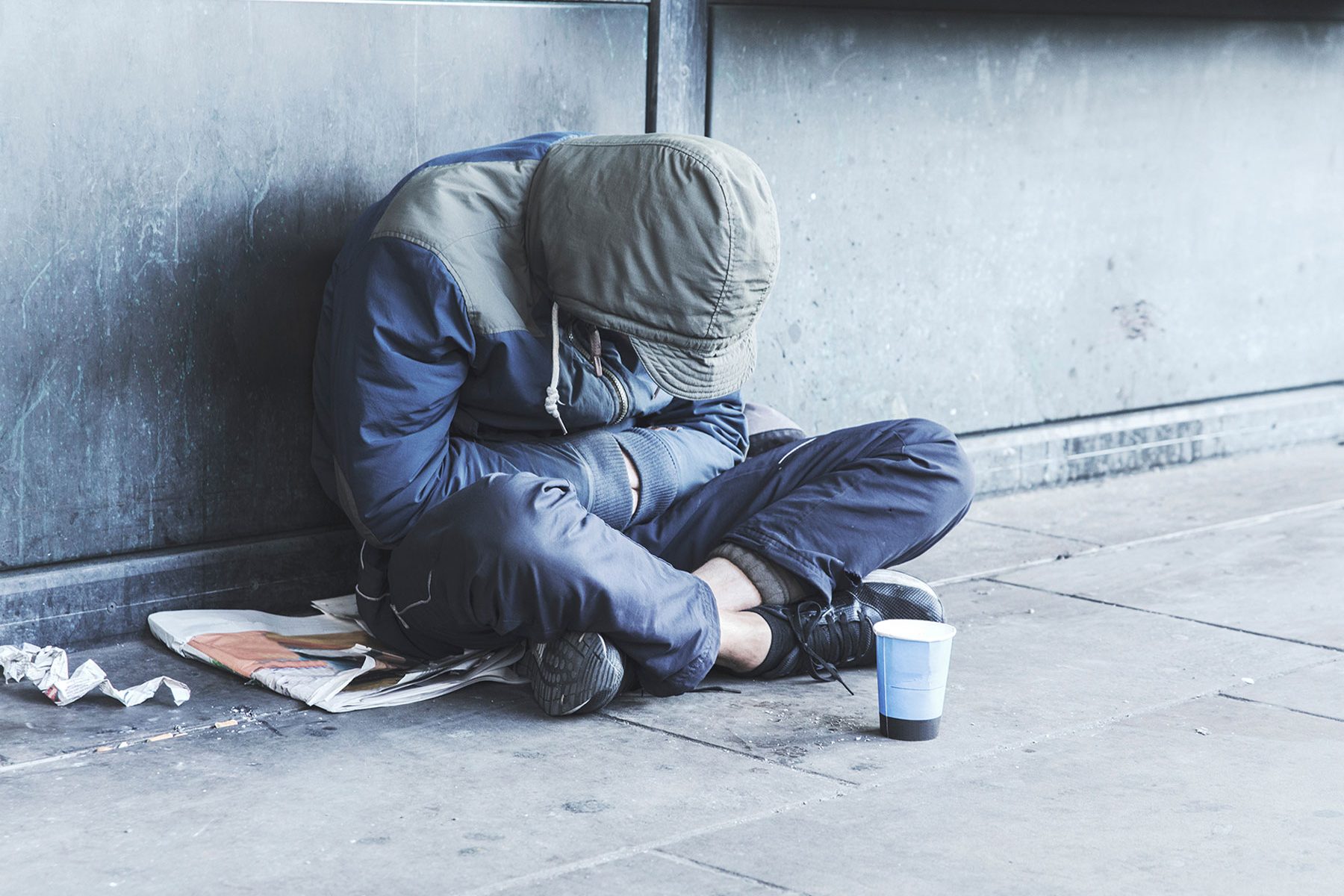More than 1,200 migrants at risk of homelessness in Scotland have received support in the first year of a charity scheme.
Fair Way Scotland provides housing, advice and cash to people locked out of other support because of their immigration status, including asylum seekers and European nationals. Support was provided to 1,205 people by four organisations: the Refugee Survival Trust, Scottish Refugee Council, Simon Community Scotland and Turning Point Scotland. The partnership was supported by the Homeless Network Scotland, Heriot-Watt University and the Joseph Rowntree Foundation (JRF). In a report on the first year of Fair Way Scotland, the JRF praised the success of the scheme and called for it to be scaled up across the country to “counter misery cause by UK immigration policy”. The report highlighted the role social landlords can play in providing housing to the partnership.
Maryhill Housing Association in Glasgow pledged 10 flats to the scheme, some of which have been occupied already. Fair Way Scotland said 730 people received casework support to regularise their immigration status and protect them from being made homeless.
In addition, 60 people in Glasgow, 291 in Edinburgh and 21 in Aberdeen accessed further support and advice. However, the report said efforts to house others – such as European nationals without settled status after Brexit – would require additional independent funding.
Beth Watts-Cobbe, senior research fellow at Heriot-Watt University and author of the report, said:
“Our report shows the distance travelled in the first year of the partnership, despite political and economic uncertainty, tight council budgets and high housing demand, and the priorities ahead. “Intolerance of rough sleeping and destitution is a marker of [how civilised a society is]. The UK and Scottish governments will rightly be judged on taking the harms experienced by those with no recourse to public funds or welfare support seriously.”
Deborah Hay, senior policy advisor for Scotland at the JRF, said:
“Destitution should never be a tool of public policy. Yet the UK government is doing just that by locking people out of essential support, inflicting needless misery on thousands of people who want to make Scotland their home. Fair Way partners have demonstrated that ending destitution in Scotland is possible, despite the challenges. Scaling up Fair Way is now critical, given rising demand for help, but mitigation programmes like this shouldn’t be necessary. The UK government must commit to an urgent change of course and end destitution by design.”
A Home Office spokesperson said:
“The pressure on the asylum system has continued to grow, with hotel accommodation costing millions of pounds a day. “We encourage individuals to make their onward plans as soon as possible after receiving their decision, whether that is leaving the UK following a refusal, or taking steps to integrate in the UK following a grant. “Individuals will still get at least 28 days to move on from accommodation following a grant, and where an individual has not had a biometric residence permit card issued within the 28-day notice period, they remain on support until it is issued.”
Source: Inside Housing News


